The world of labor is transforming at a rate that has never been seen before, spurred on by developments in technology, altering demographics, and changing views in society. The way in which companies run, and the way in which individuals interact with their jobs are both being disrupted by this shift. In order to comprehend what the working world will look like in the foreseeable future, we need to investigate the forces that are driving this transformation, as well as the effects these forces will have on companies and their personnel.
Innovations in technology and increased mechanization:
Rapid technological innovation, in particular that which relates to artificial intelligence (AI), robots, and automation, is one of the most important variables that will have a significant impact on the future of employment. There is a growing trend toward the incorporation of automation into a variety of different businesses, from manufacturing to customer service. Automation is being used for activities that are routine and repetitive, freeing workers to concentrate on areas of their jobs that need a higher level of complexity, creativity, and strategic thinking. This results in enhanced efficiency, a decrease in the number of mistakes made, and cost savings for enterprises. On the other hand, it raises worries about job displacement and the need for upskilling and reskilling in order to stay relevant in a workforce that is becoming more automated.
Workplaces that are Remotely Occupied and Hybrid:
The COVID-19 epidemic increased the acceptance of remote work, proving that many tasks can be efficiently completed from home. This led to an increase in the number of companies offering remote work opportunities. This trend has led to the growth of hybrid work models, in which workers divide their time between working remotely and in the office. These models have become more popular as a result of this transition. In an effort to both recruit and keep skilled workers, businesses are reconsidering the layout of their offices and adopting more flexible working arrangements. Hybrid models provide workers with a better work-life balance and less time spent commuting, but they also present obstacles to cooperation, communication, and the preservation of business culture.
The Freelancing and the Gig Economy:
Freelancing and other forms of employment based on contracts are attracting a growing number of employees, which is driving the fast expansion of the gig economy. Platforms that allow freelancers to connect with businesses are becoming more popular. These platforms provide businesses with access to a wide pool of talent while also allowing freelancers the freedom to pick their projects and set their hours. Because of this development, organizations now can have access to specialized expertise on demand while also successfully managing expenses. However, this does bring up questions about job security and benefits, as well as the need to develop a safety net for those who work in the gig economy.
Pay Attention to the Physical and Emotional Health of Your Staff:
The future of work will put a greater focus on the health and happiness of workers, in recognition of the fact that a productive and successful company depends on having a staff that is in good physical and mental shape. In order to better assist their workforce, employers are increasingly investing in programs for mental health, flexible work schedules, and wellness initiatives. Working remotely has brought to light the need to clearly delineate the boundaries between one’s personal life and professional life in order to avoid burnout and preserve one’s mental health.
The principles of Diversity, Equity, and Inclusion:
There has been a recent uptick in corporate consciousness on the significance of diversity, equality, and inclusion in the workplace. There is now an effort being made to establish a more inclusive workplace that appreciates all of its workers and encourages varied points of view. Companies are reassessing their employment procedures, rules, and cultures in order to guarantee that everyone is treated fairly, has equal opportunity, and feels like they belong in the company. This not only brings firms into conformity with ethical values but it also makes organizational innovation and decision-making more effective.
Continuous Skill Development and Ongoing Education Throughout a Lifetime:
Continuous education and the cultivation of new skills are becoming more important for workers to pursue in order to keep up with the ever-shifting nature of the modern workplace. In order to assist their workers in adjusting to evolving technology and requirements for the jobs they hold, employers are making investments in training programs, upskilling efforts, and mentoring. Learning that continues throughout one’s life has gone from being something that people and companies may choose to do to being something that must be done.
Work that is Both Self-Sustaining and Driven by a Higher Purpose:
Businesses are becoming more aware of the duty that falls on their shoulders on issues of social and environmental effects. There is a rising movement in the direction of incorporating sustainable practices into corporate operations with the intention of making a constructive impact on both society and the environment. Employees are increasingly looking for purpose and meaning in the job that they do. In response, businesses are connecting their objectives with the aims of society in order to attract and keep talented employees.
Conclusion The world of work in the future will be a dynamic terrain that is molded by technology breakthroughs, shifting work patterns, a focus on well-being and inclusion, and a growing need for work that is purpose-driven and involves constant learning. In order for businesses to maintain their competitive edge and continue to recruit skilled workers, they need to accept these changes and adjust. On the other side, employees have a responsibility to take initiative in the process of growing their talents, maintaining their flexibility, and matching their beliefs with the businesses they choose to be a part of. The landscape of work in the future presents an enormous possibility for development and creativity. Still, the key to achievement rests in deftly navigating and enthusiastically embracing the disruptive transformations that are occurring.
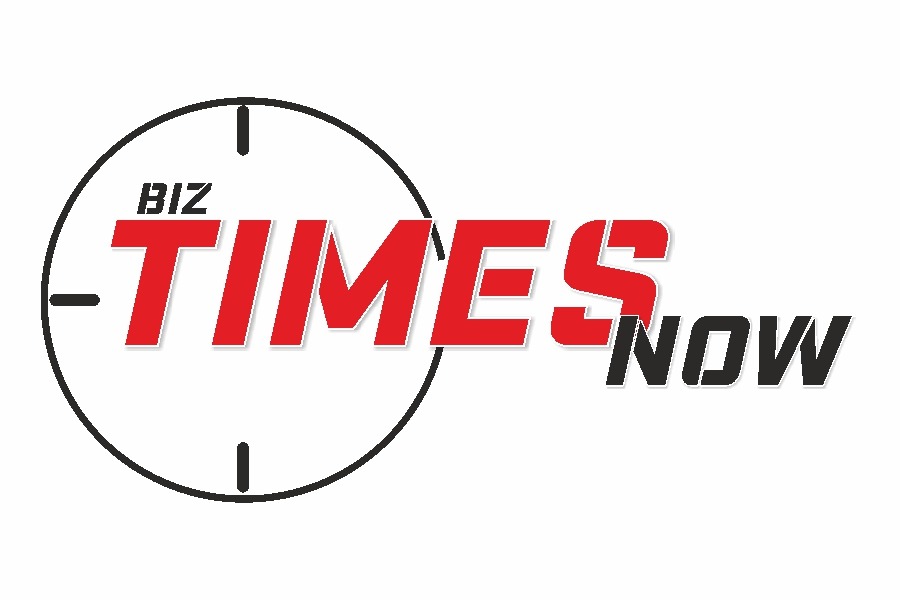

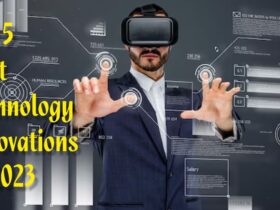

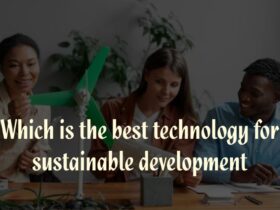
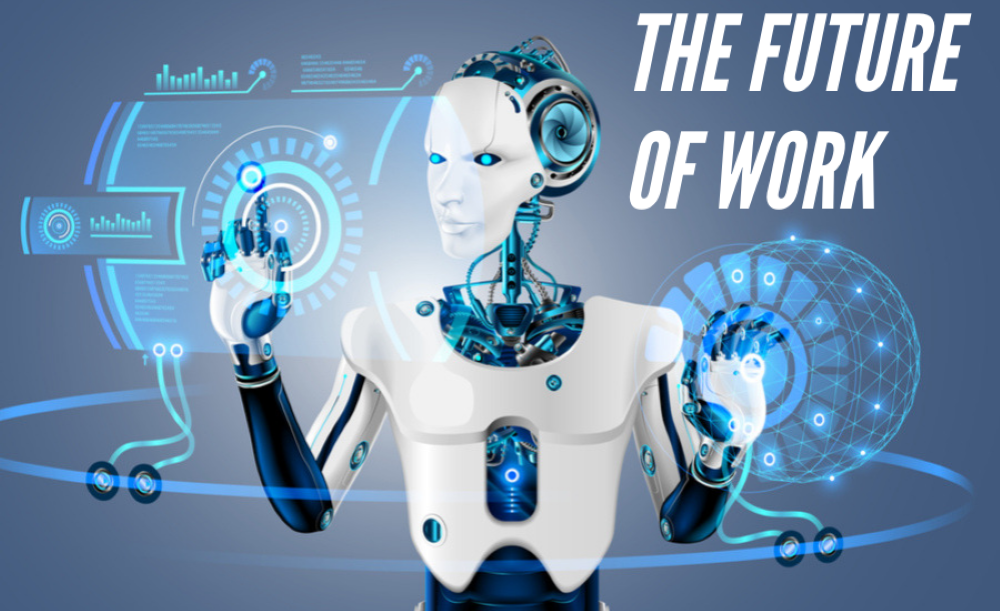


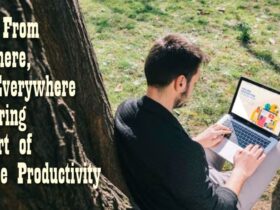


Welcome To Biz Times Now
Welcome to Biz Times Now, the leading business magazine dedicated to providing invaluable insights and strategic guidance to top-level executives and managing personnel.